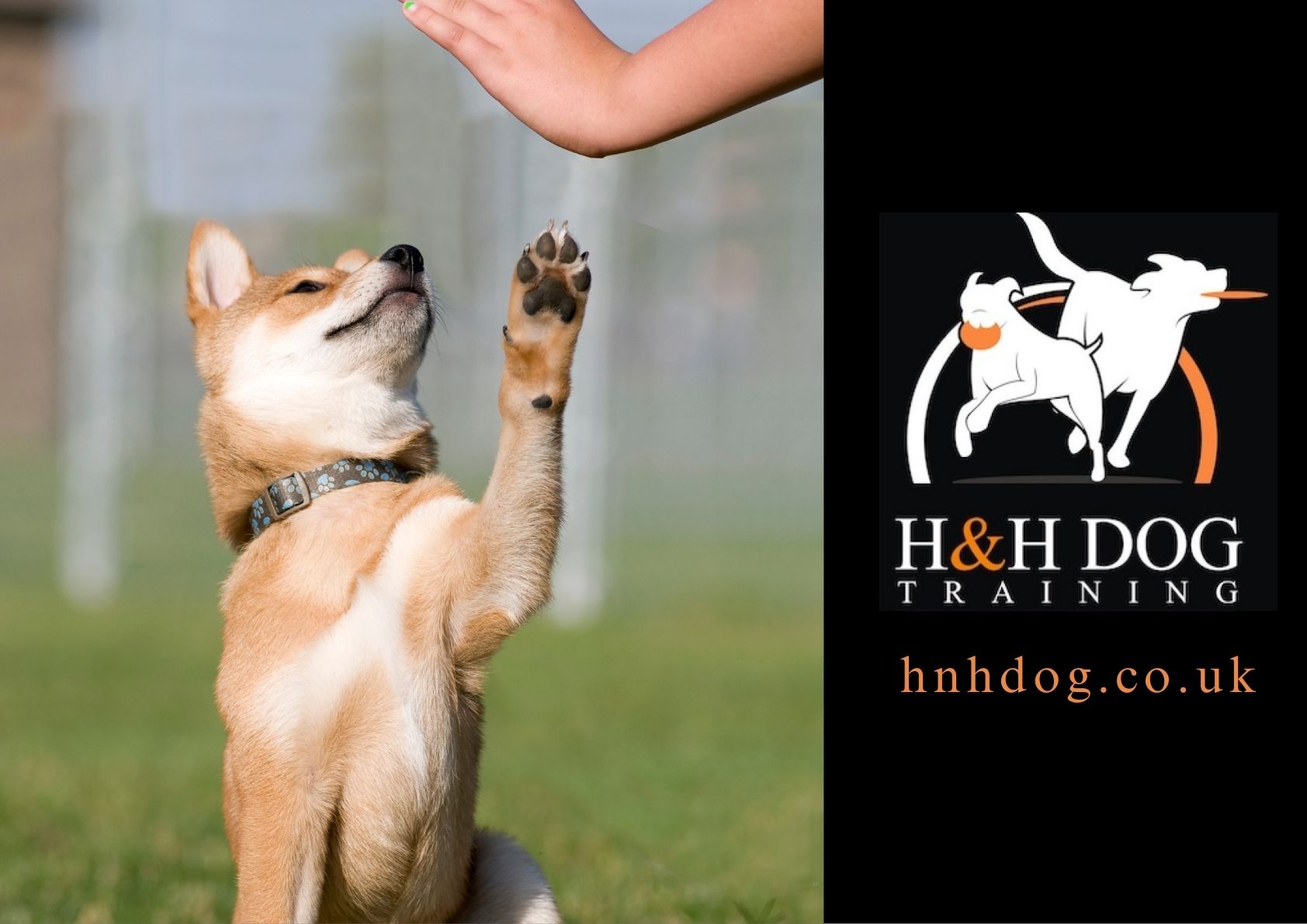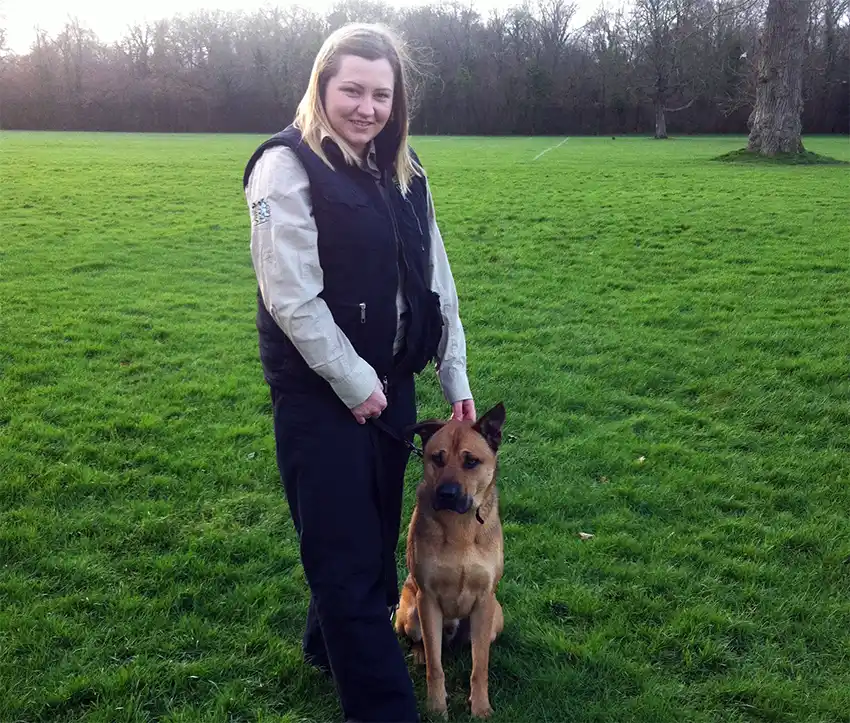Dog Training Secrets: Achieving Results Without Stress
The Ultimate Guide to Pet Training: Change Your Pet dog's Habits
Reliable dog training is necessary for fostering a harmonious connection in between pets and their owners. The ins and outs of canine behavior and the application of organized training methods play a crucial duty in this process. By recognizing the principles of favorable support, uniformity, and socialization, pet dog proprietors can navigate usual difficulties that arise during training. This guide not only intends to furnish you with the needed devices to transform your pet dog's habits but likewise invites you to discover just how these foundational principles can bring about a much deeper connection with your pet dog. What could be the initial step in this transformative journey?
Recognizing Dog Actions
Recognizing canine actions is necessary for effective training and a harmonious partnership in between pets and their proprietors. A pet dog's habits is affected by a mix of genetics, setting, and experiences. Dog training. Recognizing these aspects enables owners to tailor their training approaches to satisfy the individual needs of their pet dogs
Canines interact mainly via body language, vocalizations, and faces. For example, a wagging tail can suggest enjoyment or joy, while a put tail might signify concern or submission. Observing these signs makes it possible for proprietors to respond suitably, enhancing favorable habits and dealing with unfavorable ones successfully.
Additionally, recognizing the social structure of pets can offer insights right into their behavior. Canines are pack pets, and they flourish in an organized setting. Establishing clear borders and regular policies can prevent confusion and advertise a complacency.
Moreover, acknowledging the all-natural impulses of pet dogs, such as the desire to dig or chase, is crucial. These impulses can be rerouted through ideal electrical outlets, such as play or workout. By adequately comprehending these behavior aspects, proprietors can cultivate a favorable training experience, eventually bring about a obedient and well-adjusted canine buddy.
Crucial Training Techniques
Effective pet training counts on a selection of crucial methods that can significantly improve the knowing process for both the owner and the canine. One fundamental strategy declares reinforcement, which entails gratifying desirable actions with deals with, praise, or playtime. This method motivates canines to repeat the habits that result in favorable outcomes, promoting a trusting partnership between the family pet and proprietor.
One more trick method is consistency in expectations and commands. Making use of the same spoken signs and hand signals helps the canine recognize what is needed, decreasing complication and promoting quicker learning. Additionally, establishing clear limits and policies is crucial for effective communication.
Socialization is likewise an important element of training. Exposing pets to various settings, individuals, and various other animals helps them develop ideal social abilities and decreases anxiousness in strange situations.
Last but not least, perseverance and timing are crucial. Educating sessions should be regular but quick, guaranteeing that the canine stays involved and responsive. By employing these necessary methods, owners can develop a organized and favorable training experience that advertises etiquette and reinforces the bond with their canine buddies.
Producing a Training Schedule
How can a well-structured training routine enhance a pet's understanding experience? A training schedule provides consistency, making certain that pets receive routine, concentrated instruction. This predictability aids pets understand what is anticipated of them, enhancing their learning and permitting much better retention of habits and commands.
When producing a training routine, it is important to think about the pet's age, breed, and private character. Young young puppies might gain from shorter, much more frequent sessions, while adult dogs might thrive with longer, less regular training durations. Including a selection of tasks can also maintain the sessions engaging, avoiding monotony and promoting excitement for discovering.
Additionally, organizing training sessions at particular times of the day can help strengthen a regimen. For circumstances, coupling training with everyday walks or playtime can produce a favorable association with knowing. It is also important to include time for support, such as treats or praise, to award wanted actions promptly.
Finally, adaptability is crucial. While consistency is crucial, being versatile to the pet dog's state of mind or energy level can improve their learning experience. A well-crafted training routine eventually lays the foundation for efficient communication and a stronger bond between the dog and proprietor.
Typical Educating Obstacles
Despite having a well-structured training routine, canine proprietors typically experience different challenges during the training process. One common issue is inconsistency in hints and commands. When numerous household participants use various terms or tones, a dog might come to be overwhelmed, preventing its ability to find out successfully.
An additional frequent challenge is interruption. Dog training. Canines are naturally interested creatures, and exterior stimulations such as other pets, noises, or individuals can divert their interest throughout training sessions. This calls for proprietors to develop a regulated atmosphere or progressively present distractions to reinforce focus
Additionally, differing energy levels can impact training outcomes. High-energy dogs might battle to settle and focus, while much more easygoing types may require added motivation to engage. Customizing the training strategy to fit the private pet's temperament is important for success.

Structure a Strong Bond
A strong bond between a pet dog and its owner is important for effective training and general wellness. Dog training. This relationship fosters trust fund, which is crucial for efficient communication throughout the training procedure. When a dog feels secure and connected to its owner, it is more probable to respond positively to commands and cues
To construct this bond, consistency is vital. Developing a routine that consists of normal feeding, exercise, and training sessions helps produce a sense check of security. Furthermore, positive support techniques, such as deals with, praise, and play, reinforce desired actions while strengthening the psychological connection.
Socialization is an additional important facet of bond-building. Revealing your dog to various environments, individuals, and various other pets assists them really feel more positive and comfortable, improving the bond with their proprietor. Involving in activities together, such as walking, playing fetch, or joining obedience training, promotes team effort and common satisfaction.
Final Thought

Understanding pet actions is necessary for efficient training and an unified connection in between canines and their owners.Reliable canine training counts on a variety of important techniques that can dramatically enhance the knowing process for both the owner and the dog.Regardless of having a well-structured training routine, dog proprietors frequently run into numerous obstacles during the training procedure.In verdict, reliable pet dog training relies on a comprehensive understanding of canine behavior, the application of necessary methods, and the establishment of a structured training routine. By emphasizing positive reinforcement and consistency, canine owners can considerably improve their pet dogs' actions, inevitably ensuring try these out a harmonious relationship and promoting the well-being of both the dog and its environment.